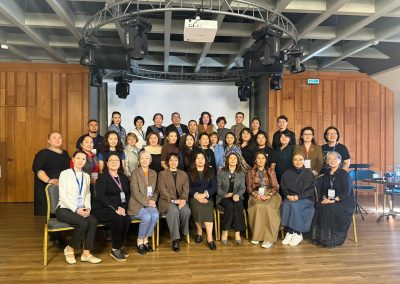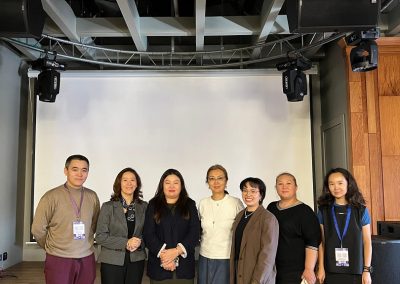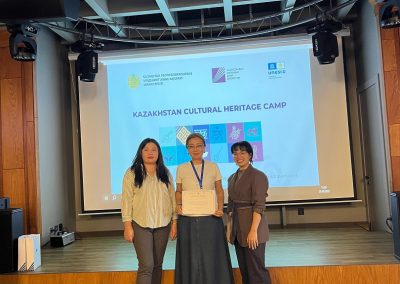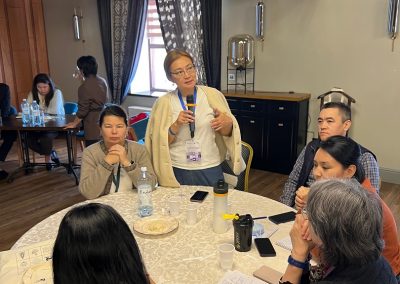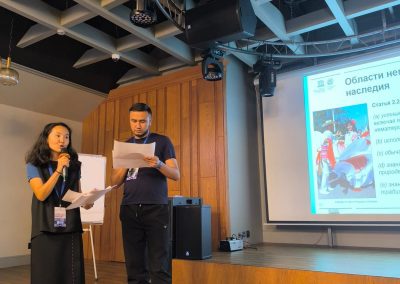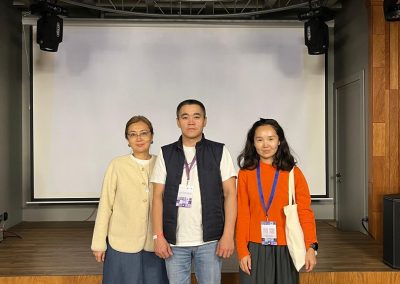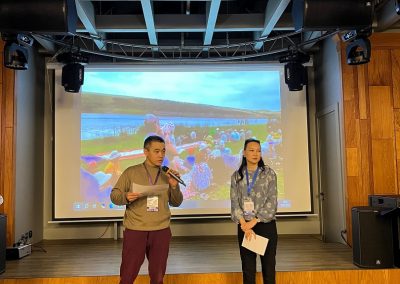From September 23 to 26, 2025, a training seminar dedicated to the implementation of the 2003 UNESCO Convention for the Safeguarding of Intangible Cultural Heritage (ICH) was held in the Burabay National Nature Park. The event was organized by the Kazakhstan Institute of Public Development with the support of the Ministry of Culture and Information.The seminar brought together more than 30 specialists from different regions of the country. As part of the program, workshops and experience-sharing sessions were conducted by international and national experts. Among them were UNESCO international facilitator Ts. Tserendorj; member of the UNESCO Sub-Committee for the Asia-Pacific Regional List, Vice-Rector for Science and Innovation of Ala-Too International University (Kyrgyzstan), A. Kozhabekova; as well as international facilitator on the 2003 Convention and national trainer S. Bazheneeva, who specializes in implementing projects in cooperation with UNESCO Category 2 Centers.During the seminar, participants learned methods of documenting intangible cultural heritage elements included in Kazakhstan’s National List, studied international practices, discussed current trends within the framework of the UNESCO Convention, and explored new methodologies. The three-day training program covered topics such as: “Introduction to International Policy on ICH Safeguarding,” “The 2003 Convention: Safeguarding Measures, Policy, and Institutions,”“Community-Based Inventorying (developing the foundation of inventory systems),” and other relevant subjects. By invitation, representatives of M. Tynyshbaev ALT University took part in the seminar: Senior Lecturer and anthropologist Manat Kanagatuly, Professor Ardak Serikbaevna, and Senior Lecturer Parassat Maratovna. During the event, Manat Kanagatuly gave an interview and shared his impressions. According to him, the seminar was valuable not only from a theoretical perspective but also from a practical one: “I would like to note that the trainers successfully emphasized the diversity of intangible cultural heritage. They drew attention to the unique features of the spiritual culture of each region and highlighted the importance of ensuring equal approaches to safeguarding and documenting heritage. It is also worth noting that promoting the work of specialists who transmit spiritual heritage from generation to generation at the international level demonstrates the high quality of cultural policy implementation in different countries.”




